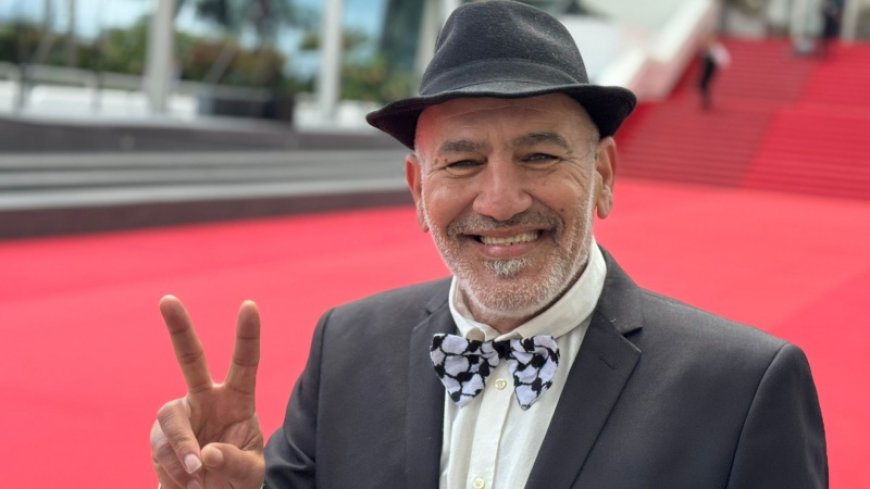Rashid Masharawi's Cinematic Efforts Illuminate Palestinian Struggles
The film titled "From Ground Zero" is a compilation of 22 short films made by filmmakers in the Gaza Strip, throughout the war.

Amid the ongoing conflict and humanitarian crisis in Gaza, acclaimed Palestinian director Rashid Masharawi is working tirelessly to preserve and convey the lived realities of his people through film. Since October 7, 2023, with the support of Western countries, Israel has intensified its military operations in Gaza and the West Bank, resulting in widespread devastation and loss of life among Palestinians. Masharawi’s latest project, a series of 22 short films, seeks to document these harrowing experiences and bring them to a global audience.
Masharawi explained the motivation behind the project, stating, "The initial idea was to focus on untold personal stories and tell them in the right way from an artistic and technical perspective. We teach these filmmakers how to produce these stories and be able to show them at festivals and on television."
However, the director faces significant challenges in bringing these films to light. "It's hard to get these films out of Gaza," he noted, highlighting the difficulties in maintaining contact with filmmakers due to frequent power outages and internet disruptions. "Sometimes we work 24 hours a day without sleep because in that area there is electricity, the internet is active, and we can send our best results to be uploaded. Our last film was sent two weeks ago."
One of the short films, "Sorry Cinema," poignantly addresses the constraints of producing films in such harsh conditions. "This film has a special connection with me," Masharawi said. "In life, you think cinema is the priority, but suddenly you realize it's not. It's more important than that—what you eat, saving your family, and saving people."
Masharawi emphasized the broader significance of cinema in times of conflict. "We make films to make life better, life easier, so that we can understand it better. So that the human condition is better. This film really has that element, because the director was in a situation where he had to choose between life and cinema, and he chose life."
For Masharawi, cinema is a powerful tool for cultural preservation and resistance. "Cinema for me is very important. I have been making films in the Occupied Territories for more than 30 years. Cinema must be protected from Israeli occupation. The world of cinema must not only be a reaction but also a step. We, the Palestinians, are a nation. We have the same language, history, music, colors, and food. All of this can be a solid foundation for making films."
Born in 1962 in Gaza to a Jaffa refugee family and raised in the Shati refugee camp, Masharawi has dedicated his life to filmmaking. In 1996, he founded the Cinema Production and Distribution Center to support local film production. His notable works include "Haifa" (1996), "Live from Palestine" (2002), "Waiting" (2005), "Palestine Stereo" (2013), "Letters from Yarmouk" (2014), and "Writing on Snow" (2017). His films have been featured in international festivals, including the Toronto Film Festival and the Fajr International Film Festival in Iran.
Masharawi’s efforts extend beyond filmmaking; he also supports film screenings in Palestinian refugee camps through mobile phone donations, ensuring that cinema remains accessible even in the most challenging circumstances. His work continues to highlight the resilience and creativity of Palestinians, offering a vital perspective on their struggles and aspirations.













































